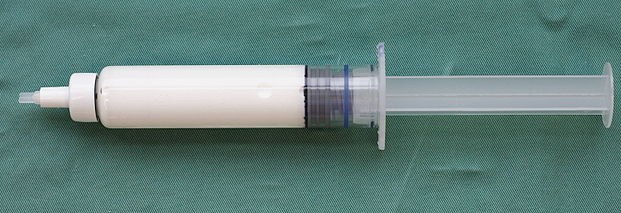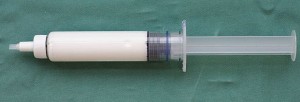Propofol Related Infusion Syndrome (PRIS) is typically associated with metabolic acidosis followed by cardiovascular failure. The condition is most commonly reported in ICU patients who require long term sedation. As the incidence of PRIS increase, so do the number of case reports and studies published in the literature.
An excellent review by Fudickar and Bein published in Minerva Anesthesiol offers a historical perspective and details pathophysiologic changes that occur when propofol in infused over a prolonged period of time. The authors describe cytolysis of cardiac and skeletal muscle as being central to the problem. Mitochondrial fatty acid metabolism impairment was implicated. Patients with a low carbohydrate supply, such as children, are at increased risk for developing PRIS. The authors state that their protocol limits propofol to no more than 4mg/kg/hour for long term sedation.
The question arises as to whether or not we place our patients at risk by using TIVA for general anesthesia. Children receive up to 9 mg/kg/hour for up to 4 hour procedures and infusion rates of up to 30mg/kg/hr have been reported when TIVA is used in adults. Are we placing our patients at risk?
An article by Guitton et al published in Neurocritical Care describes the development of PRIS in an adolescent with status epilepticus who received propofol sedation for seizure control. The patient developed a metabolic syndrome with rhabdomylitis after 58 horus of propofol at 8.8mg/kg/hr. Cardiac arrest followed and extracorporal membrane oxygenation was required.
Various articles agree that PRIS is related to dose and length of time that propofol is administered. In the ICU, long term dosage should be kept below 4-5 mg/kg/hour. In the operating room when higher doses are required, the anesthetist should consider stopping the TIVA as soon as it is no longer absolutely required for the procedure. During the procedure, be aware of the dosage you are giving and try to limit it to the lowest effective dose.
Review the articles that this posting links to and then come back and tell us about your experience and recommendations for TIVA


I think every one is getting more from this website, and your views are good for new people.